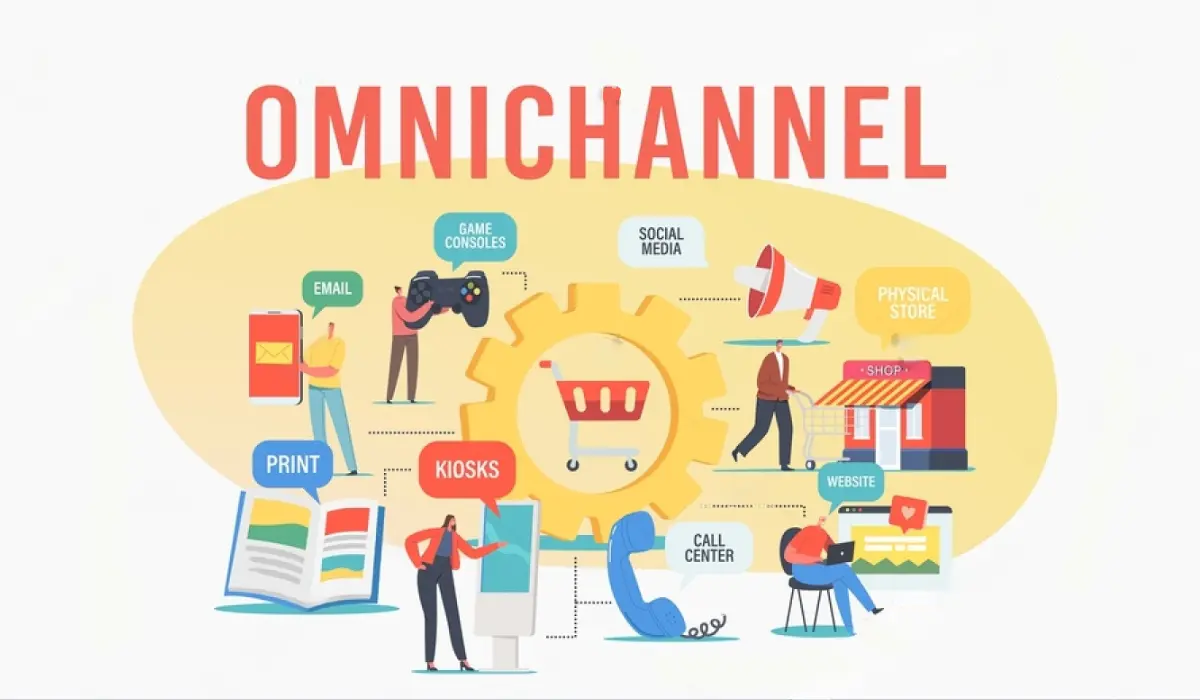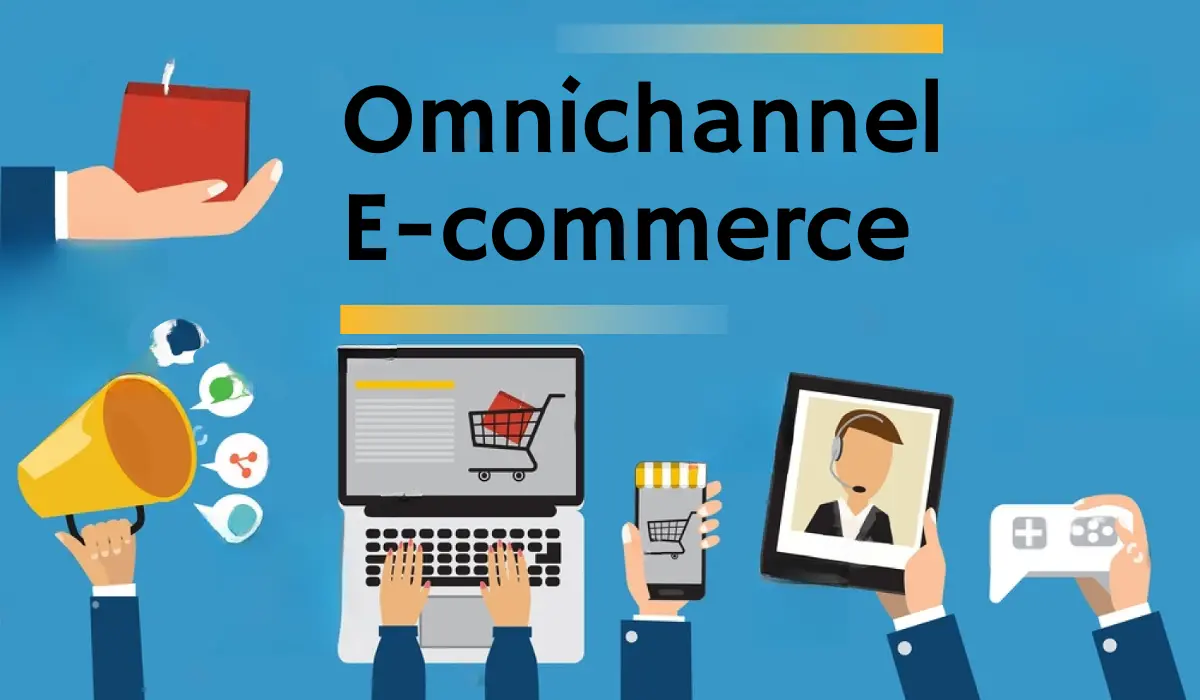Have you noticed how those items you put in your cart on an e-commerce website follow you everywhere?
Either you see the same products somewhere else like on your social media feed, or you get reminded of it in the form of emails, SMS, or site notifications.
Ever wondered about the strategy behind this? If you have, you will most certainly find this article informative. So, keep reading.
What is Omnichannel E-commerce?
Does Omnichannel e-commerce mean marketing on different channels? Yes, and no. They do market on various channels, but the key point is that they integrate all these channels to provide a consistent experience for the customer, aiming for assured results.
This strategy works on the assumption that the customers will surf through different platforms before they make a purchase decision.
It includes various sales and marketing touchpoints including social media, e-commerce websites, online marketplaces, email, and other mobile apps that are in no way associated with the products they advertise.
All of them together create a unified experience for the customer that leads to clicks and ultimately to conversion.
How does it work?
A personalized customer experience, that focuses on a seamless shopping experience, is something that appeals to the customer base, making them feel valued.
So how do they make this happen? By collecting personal data.
Customers appreciate as much information as they can get related to a product they intend to buy. The kind of information they need would depend on their preferences and the only way to understand these preferences is to collect their data.
So, in a way, this is a two-way exchange of data that helps both parties get what they want.
With the help of the data collected, they will design an all-encompassing strategy that includes customer-centric content, coordinated social media promotions, newsletter advertisements, and even in-store posters.
Also, they often automate the process of analyzing sales measurement and performance metrics that could help with future strategizing.

Omnichannel E-commerce: Benefits
Omnichannel e-commerce offers numerous benefits to customers, creating an engaging and seamless shopping experience that keeps the customers interested, leading to more conversions.
Data-driven insights
The foundation of successful omnichannel e-commerce marketing is the data collected from customers.
As they track customer behavior and interaction across various channels, it would give them a better picture of the customer’s preferences, likes, and habits.
Analyzing the data collected will make it easier for the business to form a well-thought strategy from the patterns and market trends they discovered and offer products and services that will satisfy customer demands.
Customized shopping experience
On the customer’s part, an optimized marketing strategy that prioritizes their preferences and needs will be a refreshing experience.
Based on the data models created by analyzing the customer’s purchase history, this kind of marketing is capable of giving suggestions that could guide a potential, though confused customer in a direction the marketer wants, but also benefits the customer.
Increased conversions
Seeing the same product everywhere on someone’s device, even though they are not sure about the purchase, can sway their decision in favor of the marketer.
The strategy allows the customer to browse and engage with a product they are thinking about buying, on multiple channels.
This also gives them an opportunity to make comparisons and find an option that works best for them, which will eventually lead to increased conversions and sales.
Brand loyalty
The familiarity omnichannel marketing offers by showing up on different platforms at once will play a huge part in growing customer trust and loyalty.
With increased convenience, the customers will likely return to the same brand, looking for more. It will also help build better relationships with the customers, often leading to mouth publicly that the brand could benefit from.
Omnichannel marketing often gets confused with multichannel marketing. Although they have a lot in common, they are not the same.
Conclusion
Omnichannel e-commerce is a better and optimized version of multichannel e-commerce, where the former integrates every channel used in the latter.
Even with a lot to offer, Omnichannel marketing is not without challenges. Privacy issues when it comes to collecting customer data, the complexity of integrating different channels, and difficulty in meeting customer expectations as well as maintaining customer experience are a few of them.
It is necessary that these issues be addressed and rectified on time so that customers will be able to enjoy an unparalleled shopping experience that helps businesses grow, engage in healthy competition, and offer better services.
